Burundi’s ongoing fuel crisis continues to disrupt daily life, as smuggling operations intensify in response to widespread shortages. Police recently seized 1,400 liters of smuggled fuel—70 containers of 20 liters each—in Ngarama, Ruyigi province, a key hub for the illegal trade. According to local magazine Jimbere, the confiscation occurred at a bus station along National Road No. 13, en route to the black market.
Speaking anonymously, a smuggler revealed that the fuel had been illegally imported from neighboring Tanzania to meet demand caused by chronic shortages. Vehicle owners and drivers, frustrated by the scarcity, admitted to resorting to black market solutions. According to local B-NP Media, one driver disclosed that a 20-liter jerry can of fuel could fetch up to 200,000 Burundian Francs, highlighting the steep profits fueling the illicit trade.
Efforts to curb smuggling have escalated in recent months. In January, residents in Cibitoke province reported illicit fuel imports from the neighboring Democratic Republic of Congo, leading to clashes between smugglers and security forces. Gunfire was heard during the confrontations, resulting in confirmed injuries as reported by local outlet Isanganiro.
Motorcyclists and taxi drivers, particularly in the western provinces, have voiced concerns about the crackdown’s impact on their livelihoods. The cost of a 1.5-liter bottle of fuel has doubled, rising from 20,000 to 40,000 Burundian Francs, leading to increased transport fees and growing public frustration.
Economic experts argue that targeting smugglers will not resolve the issue and have urged the government to pursue long-term solutions. They recommend engaging in negotiations with neighboring countries to secure stable fuel imports. Gabriel Rufyiri, chairperson of a prominent anti-corruption watchdog, has proposed that the government seek a $30 million loan from development partners to address the crisis.
Burundi’s fuel shortage, ongoing for over four years, has compounded inflation, disrupted supply chains, and driven up the cost of essential goods and services. Critics claim that the government’s failure to stabilize prices or improve supply chain efficiency has exacerbated the problem.

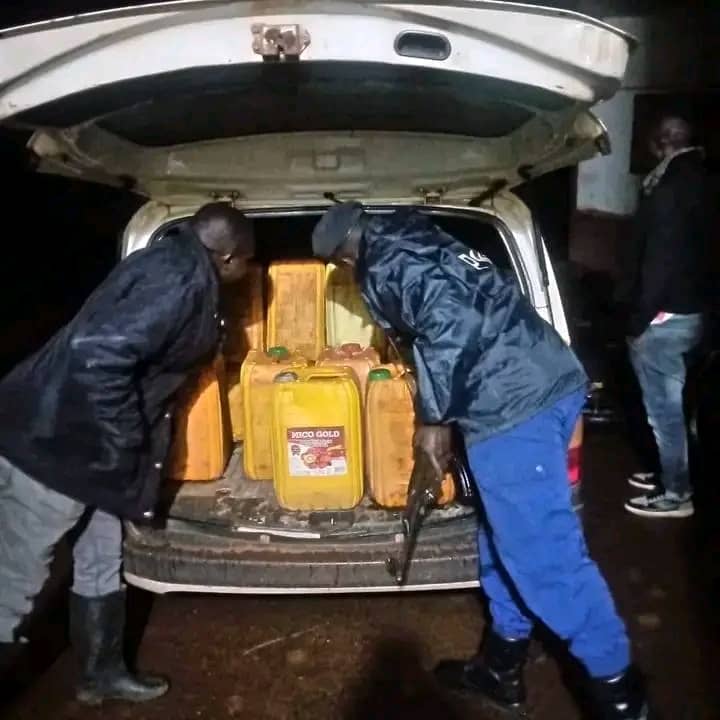


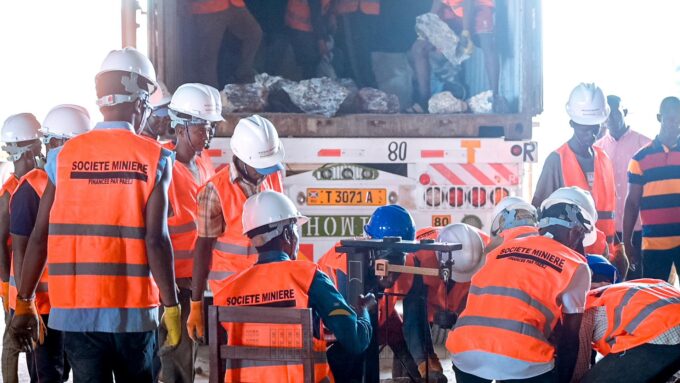
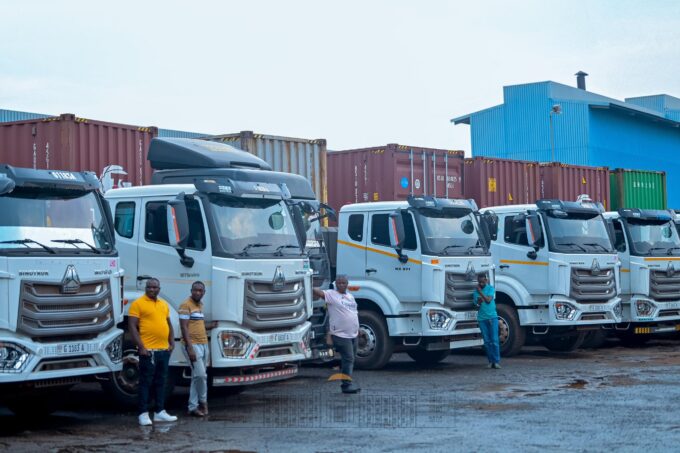
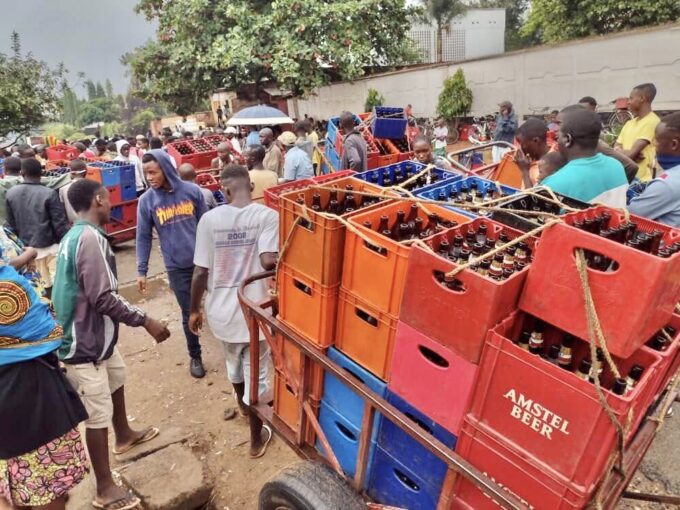
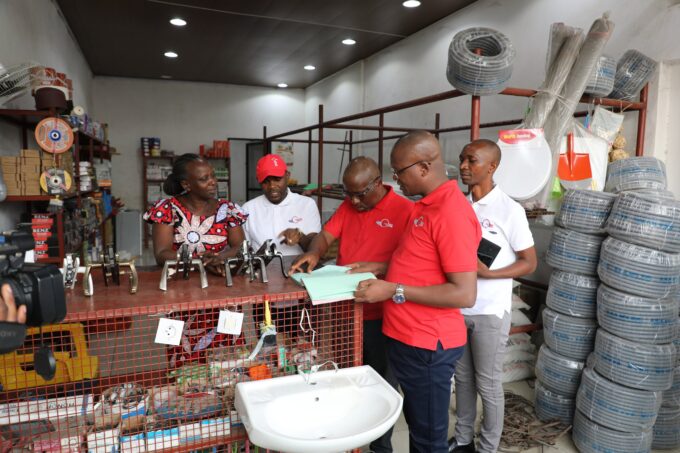
Leave a comment